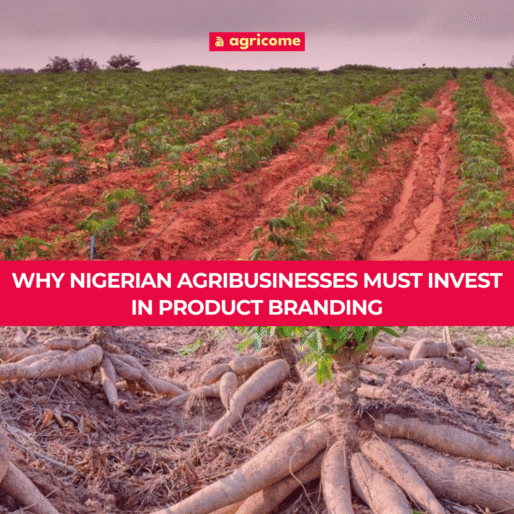For too long, Nigerian agribusinesses have measured success mainly by output volume rather than by product identity. Yet in today’s competitive global marketplace, value addition and branding are no longer luxuries, they are survival tools. They represent the currency of loyalty, higher margins, and recognition. In recent times, consumers have shown a stronger preference for packaged and branded products over anonymous bulk commodities. Such branding reduces perceived risks, assures quality, and builds confidence.
Beyond trust, affluent and health-conscious consumers are willing to pay a premium for well-packaged and certified products. At the same time, smaller and more affordable pack sizes make these goods accessible to price-sensitive buyers. This flexibility enables businesses to serve diverse consumer segments; from low-income households to premium niche markets. It is no secret that processed commodities fetch far higher returns than raw exports. Globally, up to 80% of profits in the agricultural chain are captured during processing, packaging, and retailing.
Unfortunately, Nigeria exports most of its produce in raw form; a model that leaves vast wealth untapped and weakens the country’s competitiveness. On the other hand, value addition and branding require investment in storage and logistics, while export-oriented branding compels businesses to meet global certification and quality standards. Yet, these efforts cannot thrive without the right backbone: reliable energy, efficient logistics, cold-chain systems, and affordable financing. Without these, businesses face high costs, wastage, and limited scalability. Bridging these gaps requires both private innovation and enabling public policy. Initiatives such as agricultural export processing zones offer opportunities, but agribusinesses must be strategic to harness them.
Furthermore, digital platforms amplify branding gains. Social media, e-commerce, and online storytelling now allow agribusinesses to showcase products “from farm to shelf” at minimal cost. Modern consumers, especially younger demographics, seek not just a product but also the story behind it: who grew it, how it was made, and what values it represents. From raw to refined, from bulk to brand; that is the path to prosperity for Nigerian agribusinesses.
